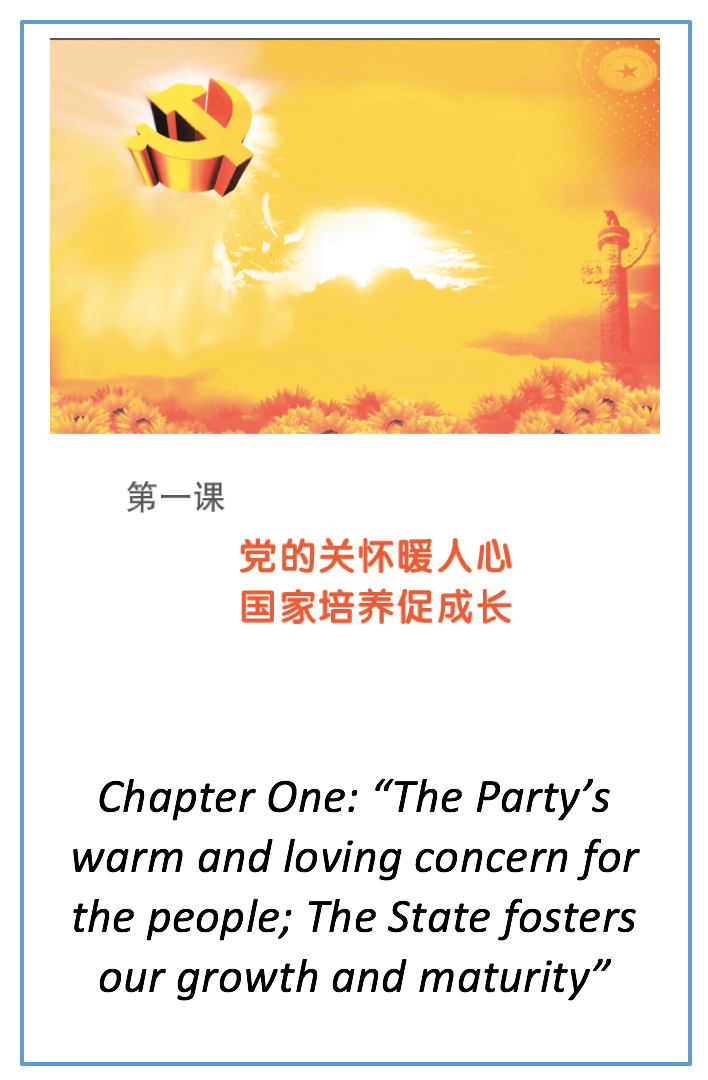Modern compounds ending in -speak, though they echo the Middle English meaning as 'speech, language' (cf. German Sprache), derive from George Orwell's coinage Newspeak, a heavily manipulated and manipulative language institutionalizing the authoritarian regime depicted in the novel 1984. Newspeak was not merely the language of propaganda; it was crafted “to make other modes of thought impossible.”
Coinages since the novel's publication in 1949 have incrementally reduced the meaning to designate a jargon which the speaker doesn't particularly like. Thus dictionary.com defines such compounds as
derogatory, derisive, or facetious, that denote the style or vocabulary of a discipline, person, era, etc., as specified by the initial element: techspeak; artspeak; nukespeak; leetspeak; geek-speak.
I would submit that the word party-speak in reference to the People's Republic of China, hardly a free democracy, still carries some of the original Orwellian weight. So, for instance, a critique of a Party program to inculturate ethnic minorities depicts it as teaching them party-speak along with Mandarin and the dominant Han culture.
In their “apologies,” Western firms have used the same language to assure the Party that they have no desire to create any social or political disturbance — with a deference that seems strangely obsequious to Western ears.
